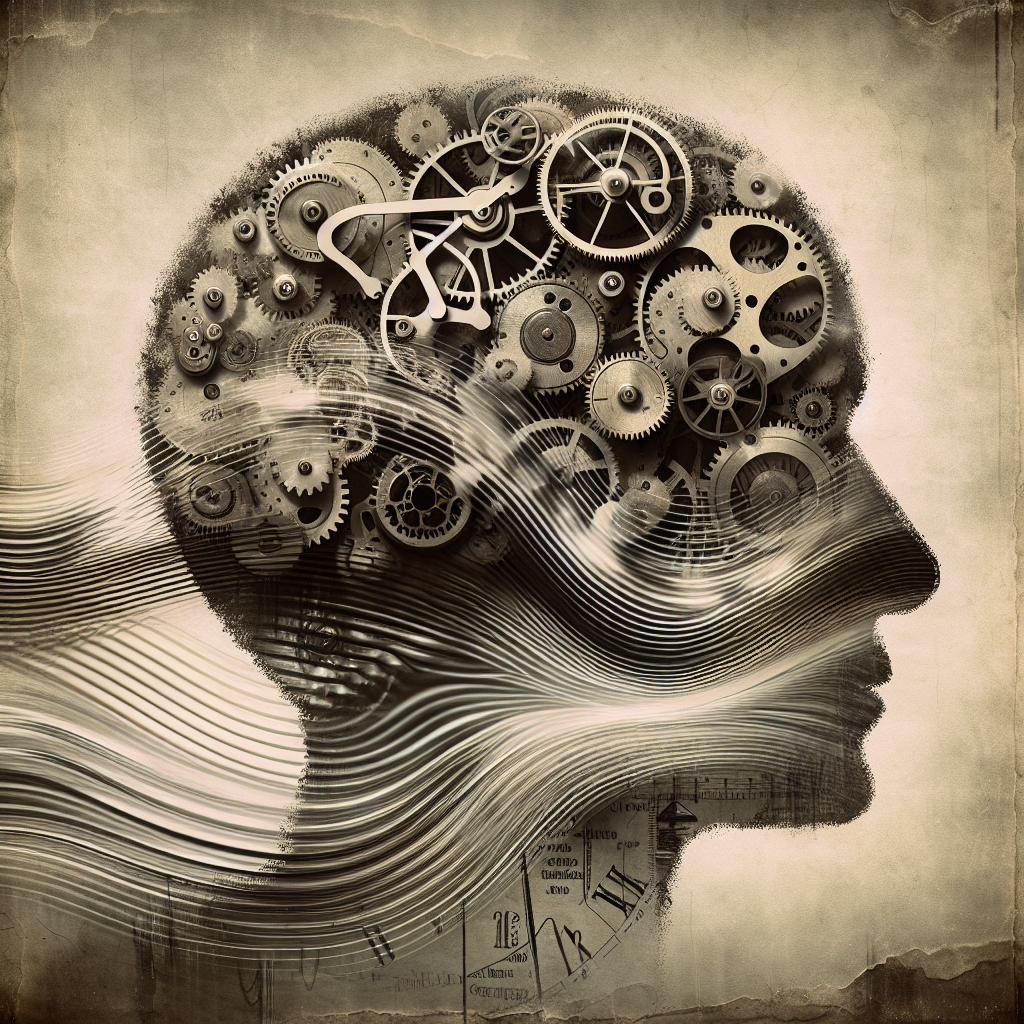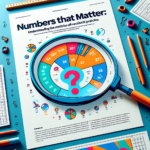
Introduction
Have you ever found yourself questioning the accuracy of your memories? Perhaps you reminisced about a long-ago vacation, only to find friends recounting events that don’t quite match your recollections. This is not merely a sign of aging or faulty memory; it’s a phenomenon known as Memory Contamination. Understanding the distortion of our past can unlock insights into the human experience, our cognitive processes, and the very fabric of our identities. In this article, we’ll delve deep into the concept of memory contamination, offering unique perspectives and real-world applications that highlight its significance.
What is Memory Contamination?
Memory contamination occurs when our recollections are altered due to external influences, ranging from multimedia exposure to social interactions. The faculty of memory is not a perfect recorder; instead, it is a dynamic and reconstructive process. As we retrieve memories, they can be distorted by new information, making them susceptible to inaccuracies. This phenomenon has profound implications, not just for individuals but for society as a whole, leading to questions about the reliability of our personal and collective histories.
The Science Behind Memory
To comprehend memory contamination, we must first explore how memory works. Our memories consist of several types, including:
- Short-term memory: Temporary storage of information for immediate use.
- Long-term memory: More stable storage that can last from minutes to a lifetime.
- Autobiographical memory: A subcategory of long-term memory that involves recollections about one’s life experiences.
Research indicates that memory is not a static entity; it evolves and can be updated based on new experiences or narratives. For example, studies demonstrate that when individuals are exposed to misleading information post-event, their memories can incorporate these inaccuracies, leading them to remember events differently than they actually occurred.
Case Studies Illustrating Memory Contamination
Case Study 1: The Misinformation Effect
In a landmark study by Elizabeth Loftus, participants viewed a video of a car accident and were later asked misleading questions about the event, such as the speed of the cars when they "smashed" into each other versus when they "hit" each other. The results revealed that those who received the “smashed” phrasing estimated higher speeds, demonstrating how language could shape our recollections. This case highlights the concept of Memory Contamination: Understanding the Distortion of Our Past, emphasizing how vulnerable our memories are to external suggestions.
Case Study 2: The Role of Social Media
A recent study investigated how social media alters the way we remember personal events. Participants who frequently shared experiences online often found their memories intertwined with others’ accounts of the same events. This blending can lead to "false memories," where individuals confidently recall discussions or experiences that never actually took place, reinforcing Memory Contamination: Understanding the Distortion of Our Past on a societal level.
Case Study 3: Eyewitness Testimony Flaws
Eyewitness testimony is often considered a cornerstone in the justice system. However, numerous studies demonstrate that eyewitness accounts can be heavily influenced by various factors, including stress, leading questions, and pre-existing biases. The famous case of the wrongful conviction of Ronald Cotton highlights this issue; he was erroneously identified by victims based on contaminated memories, prompting revisions in how eyewitness testimony is handled in courts. This scenario showcases the critical need for awareness surrounding Memory Contamination: Understanding the Distortion of Our Past in legal contexts.
Memory Contamination in Everyday Life
Memory contamination does not only occur in isolated studies; it pervades daily experiences and relationships. From family gatherings where stories evolve over generations to the way we perceive social interactions, memory contamination shapes our identities.
The Influence of Repeated Recollections
Every time we recount a memory, we may unwittingly alter it. This phenomenon known as "rehearsal," while useful for strengthening memory, can lead to contamination if new information is incorporated or if the retelling of the story morphs over time. Understanding this aspect of memory can help us make conscious efforts to maintain the integrity of our memories.
Memory and Identity
Our memories play a pivotal role in defining our identities. When memories are distorted, so too can our understanding of ourselves. For instance, trauma survivors may grapple with altered memories that affect their self-image and narrative. Recognizing Memory Contamination: Understanding the Distortion of Our Past provides the first step in reclaiming agency over personal narratives.
Memory Strategies for Accuracy
Understanding the dynamics of memory contamination equips us with tools to fortify our recollections. Here are some strategies to help maintain the accuracy of our memories:
1. Mindful Reflection
Take time to revisit memories in a calm and focused environment. Reflecting mindfully can help clarify memories without the distortion that chaotic recounting may introduce.
2. Seek Multiple Perspectives
Discussing shared experiences with others allows us to piece together a more cohesive narrative. While this also risks contamination, it can also help highlight discrepancies and solidify accuracy.
3. Document Your Memories
Keeping a journal or diary of significant experiences can serve as an anchor for your memories. This documented account can preserve details lost over time, creating a reliable reference point.
Conclusion
Memory contamination serves as a powerful reminder of the complexities surrounding our recollections. As we navigate our lives, understanding how our memories can be influenced is paramount. We must remain vigilant against the forces that distort our pasts, from media portrayals to social interactions. By embracing the concept of Memory Contamination: Understanding the Distortion of Our Past, we gain the opportunity to foster authenticity in our narratives, shaping not only how we see ourselves but also how we engage with the world around us.
FAQs
1. What is memory contamination?
Memory contamination refers to the alteration of memories due to external influences or information, leading to distortions in our recollections.
2. How does misinformation affect our memories?
Misinformation can significantly alter our perceptions of events, leading to false memories and inaccuracies in our recollections.
3. Can traumatic experiences lead to memory contamination?
Yes, traumatic experiences can distort memories, potentially altering how survivors perceive their identities and experiences.
4. How can I preserve the accuracy of my memories?
Engaging in mindful reflection, documenting experiences, and seeking multiple perspectives can help maintain the integrity of your memories.
5. Why is understanding memory contamination important?
Understanding memory contamination is crucial for promoting accuracy in personal narratives, aiding in mental health recovery, and ensuring reliable eyewitness accounts in legal situations.
This exploration of memory contamination not only highlights its complex nature but underscores the importance of recognizing its effects in our lives and across society. Armed with this understanding, we can strive to preserve the authenticity of our memories and the narratives that define us.















